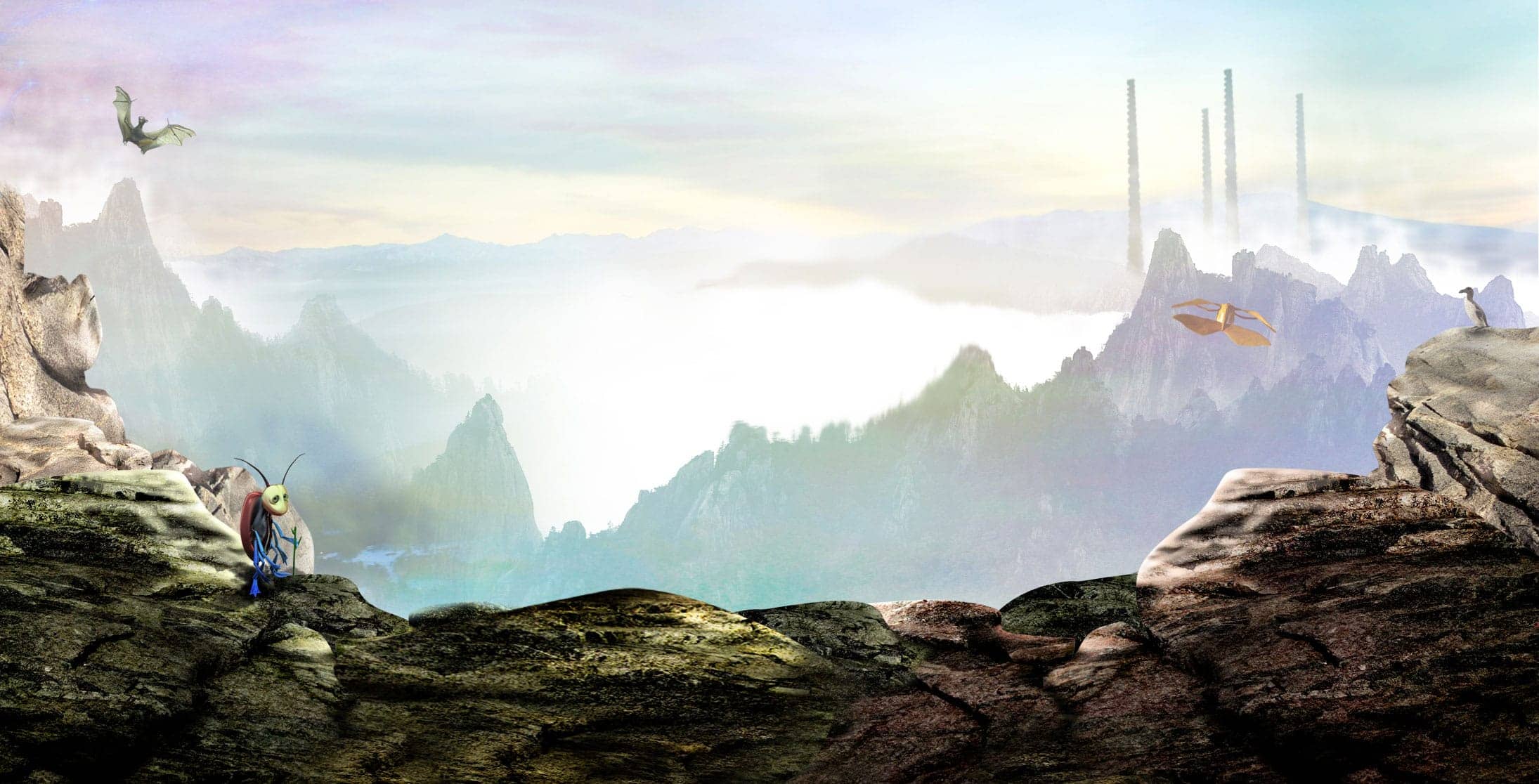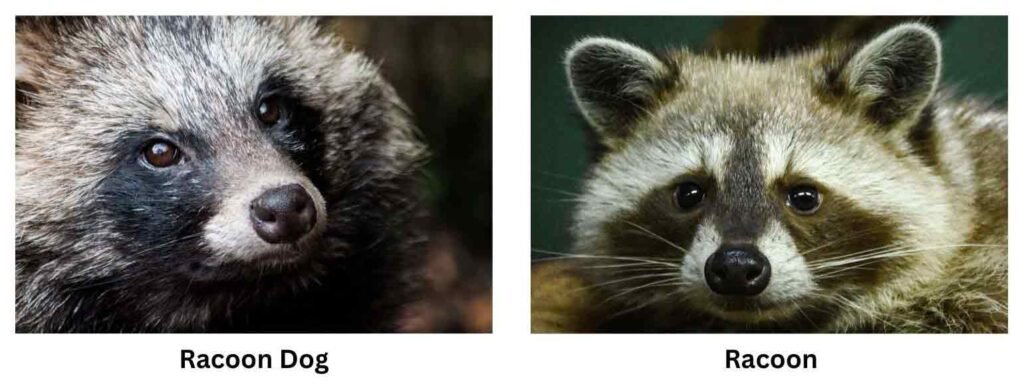We have noticed quite a few articles about raccoons recently, especially ones suggesting they may be becoming domesticated. So we thought we would look into it.
If you live in the UK you may never have seen a raccoon. I haven’t. They feel like animals from films or far-off forests rather than anything we might find in a local garden. Yet new research suggests raccoons in North America may be changing.
What have scientists found?
A recent study examined nearly 20,000 photos of raccoons collected by the public through iNaturalist. This was reported in Scientific American. The researchers found that city-living raccoons had snouts about 3.5 percent shorter than raccoons living in rural areas.
A shorter snout is one of the physical traits linked with what scientists call “domestication syndrome”. This is the bundle of changes often seen in species that live closely with humans. Dogs show these traits. So do pigs. Even the famous Russian silver-fox experiment produced foxes with shorter snouts, spotted coats and calmer behaviour when the tamest animals were bred over many generations.
The idea is simple. Animals that cope well around people are more likely to survive in cities. They get reliable food from bins and gardens. They are less fearful. Those traits pass on to their young.
Some scientists think this may be happening with raccoons. City life rewards calm, bold, adaptable individuals.
Is this real domestication?
Not yet. However, full domestication involves humans choosing which animals breed. It takes many generations, genetic changes and big shifts in behaviour.
The raccoon research shows early signals only. The authors themselves say more work is needed. Studies of genetics, stress levels, and long-term behaviour are still required.
So we can say this: raccoons living near humans appear to be evolving differently from their forest relatives. But we cannot say they are becoming pets or trained animals. The evidence is interesting but early.
What does classical science tell us about domestication?
Darwin wrote about artificial selection, where humans shape species through breeding, and natural selection, where the environment shapes survival. Domestication sits between the two. Humans influence the process, but the environment also plays a part.
There is also the idea of “self-domestication”. This is when a species becomes more tolerant and less aggressive without human breeding. Some scientists think bonobos are an example of this, shaped by social pressures rather than human influence.
All these ideas help us understand how behaviour and body shape change together. The raccoon findings fit within this wider science, but only at a very early stage.
Would raccoons make good pets?
Probably not. Good pet species share three traits.
- They bond socially with humans.
- They show low aggression and low fear when near people.
- They cope with domestic life without stress.
Raccoons do not tick these boxes. They are clever. They are independent. Their paws are sensitive and strong. They can open doors, drawers and food containers. They get bored fast and become destructive. Their social bond with humans is also weak. They remain wild at heart.
So while the idea of a pet raccoon feels fun, the reality is difficult for both the animal and the owner.
Could raccoons ever become pets in North America?
Perhaps in the very long term, but not soon.
For that to happen humans would need to breed raccoons deliberately for calm, predictable behaviour. Raccoons would also need to develop strong bonds with people and cope with indoor life without frustration. None of that is happening right now.
So the most accurate answer is that widespread domestication is unlikely.
What about raccoon dogs in the UK?
Some people in the UK have kept a similar-looking animal called a raccoon dog. Despite the name, raccoon dogs are not raccoons. They are wild canids from East Asia and are closer to foxes than to raccoons. They only look similar because both species have a dark face mask.
The RSPCA states that raccoon dogs are not suitable pets. They have complex needs. They become stressed indoors. They can be unpredictable. They also pose a risk to native wildlife.
Because of this, raccoon dogs are now tightly controlled under the Invasive Alien Species (Enforcement and Permitting) Order 2019. In the UK it is illegal to buy, sell, breed or rehome them without a special permit.
The Mammal Society also warns that raccoon dogs pose a serious threat to wildlife if they escape. They can spread disease, prey on native animals and breed quickly. These concerns help explain why keeping raccoons would raise similar problems if they ever became established here.
So could raccoons ever be pets?
It’s unlikely, although the science suggests early evolutionary changes, the practical and welfare challenges are too great.
Raccoons and raccoon dogs need far more space, stimulation and freedom than a normal home can provide. They are cute to look at, but they are still wild animals.
🦝🐾🦝🐾🦝🐾🦝🐾🦝🐾🦝🐾🦝🐾🦝🐾🦝🐾🦝🐾🦝🐾🦝🐾🦝🐾🦝🐾🦝🐾🦝🐾🦝🐾🦝🐾🦝🐾🦝🐾🦝🐾🦝🐾
At Rockford’s Rock Opera, we believe nature’s resilience can inspire both science and imagination. Our story Lost on Infinity explores extinction, biomimicry, and the secrets of the natural world through an unforgettable musical adventure.
Explore our world today:
Get the Lost on Infinity illustrated book with free musical audiobook – a totally immersive experience.
Listen to the first part of the Lost on Infinity audiobook and watch the animated adventure FREE on Apple App Store and Google Play.
Download our FREE lesson plans and slides about Extinction and Biomimicry. We also have a selection of FREE classroom activities on our website.
For even more exploration of the natural world, tune in to our Stories, Science & Secrets podcast for kids. Join Matthew, Elaine, Steve Punt and special guests, as we delve into the fascinating world of biomimicry and the inspiring ways science learns from nature’s genius.


